His article of 22 June 2009 called Our Sinking Welfare State, is a case in point. He points out that companies in the private sector have long provided security shelters, but these have been faltering.
GM exemplified the large corporation as private welfare state. In contracts with the United Auto Workers, GM promised high wages, lifetime employment, generous pensions and comprehensive health insurance. All this is ancient history: new workers get skimpier benefits.In 1983, 62% of male workers 50 to 54 years old had been with their firm for at least 10 years, but in 2008, the percentage was down to about 50%. In 1999, health insurance coverage by companies covered 63.9% of the population, but this was down to 59.3% in 2007. Workers used to have defined benefit retirement programs, but now they usually have defined contribution programs such as 401(k)s. A survey of 141 major companies found 22% cutting matching 401 (k) contributions, 21% reducing pay, and 72% have recently cut positions.
The situation with government security programs is also bleak. Samuelson notes that:
The trouble is that the public sector also faces enormous cost pressures, driven by an aging population and rising health costs. The Congressional Budget Office projects the federal debt to double as a share of the economy (gross domestic product) to 82 percent of GDP by 2019.He further comments:
He concludes that either taxing more heavily or allowing the debt to increase more to continue this present consumption, will only weaken the economy and make it still more difficult for the economy to bear the costs. He says, "The U.S. welfare state is weakening; insecurity is rising. The sensible thing would be to decide which forms of public welfare are needed to protect the vulnerable and to begin paring the others." Instead, we are only talking about increasing the liabilities of government by taking over the health care insurance business and with it the entire medical industry. This is doing as good a job of addressing the impossible welfare obligations of the government as GM and the Auto Workers Union did the problems of the GM welfare state. Samuelson says the coming collapse of the government welfare state seems to be following the same path as GM did.What most Americans identify as government "welfare" are payments to single mothers, food stamps and (perhaps) Medicaid, the federal-state health insurance program for the poor. But that's not the half of it. Since 1960, government has changed radically. Then, 52 percent of federal spending went for defense, 26 percent for "payments for individuals" -- the welfare state. By 2008, 61 percent consisted of "payments for individuals," 21 percent for defense.
Social Security and Medicare -- programs for the elderly -- represented the lion's share: $1 trillion in 2008. Most Americans don't consider these programs "welfare," but they are. Benefits are paid mainly by present taxes; there's little "saving" for future benefits; Congress can alter benefits whenever it wants. If that's not welfare, what would be?
This is just simple common sense. It is really hard to believe this is not clear to almost everyone.












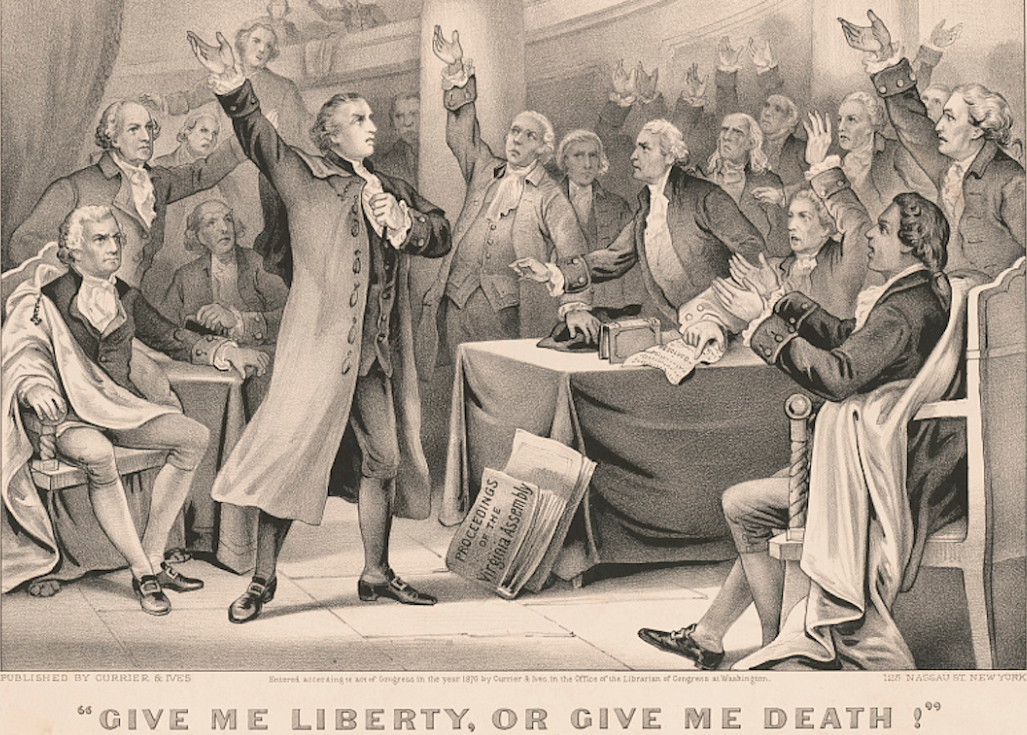

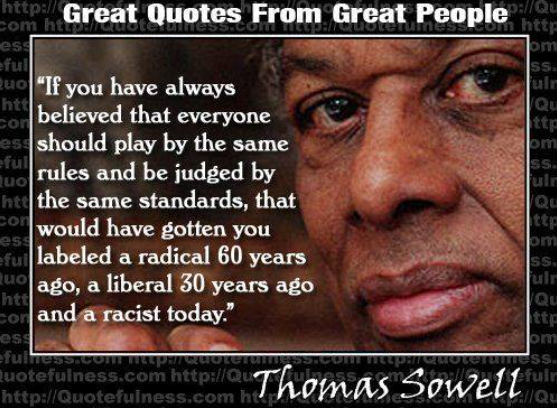
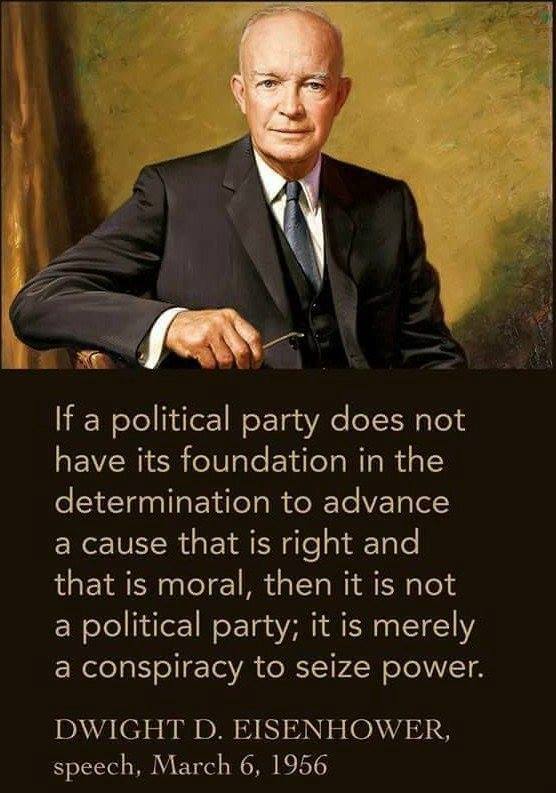
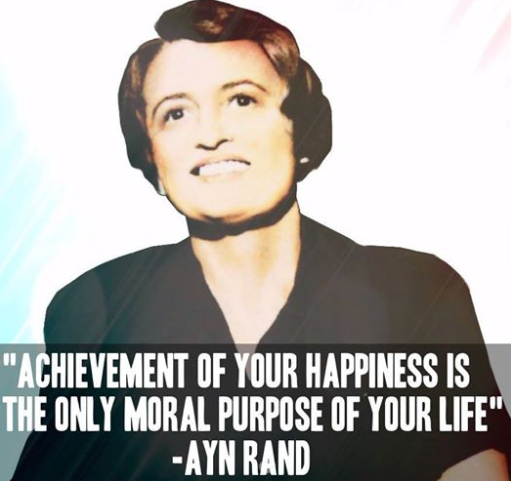


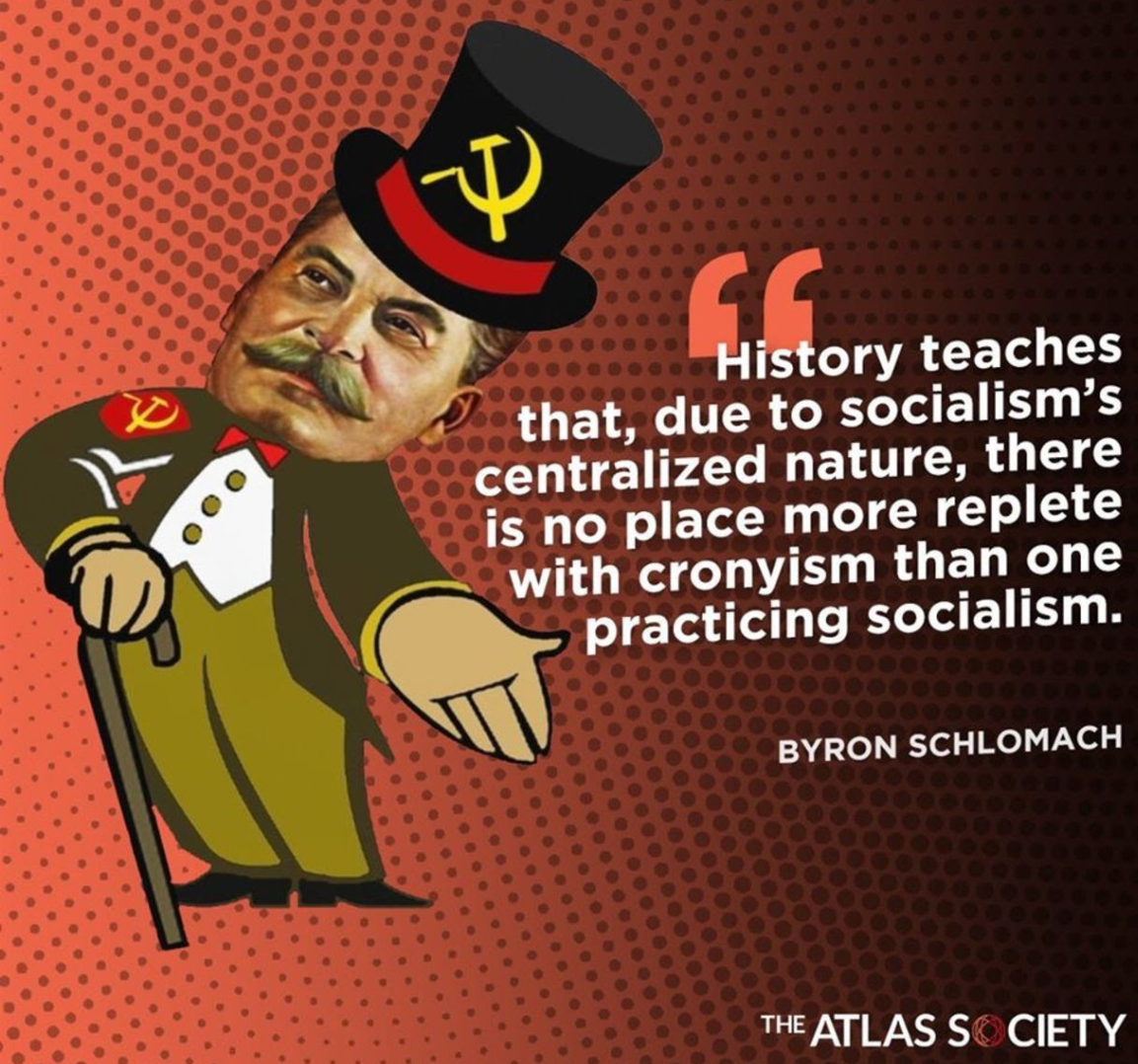
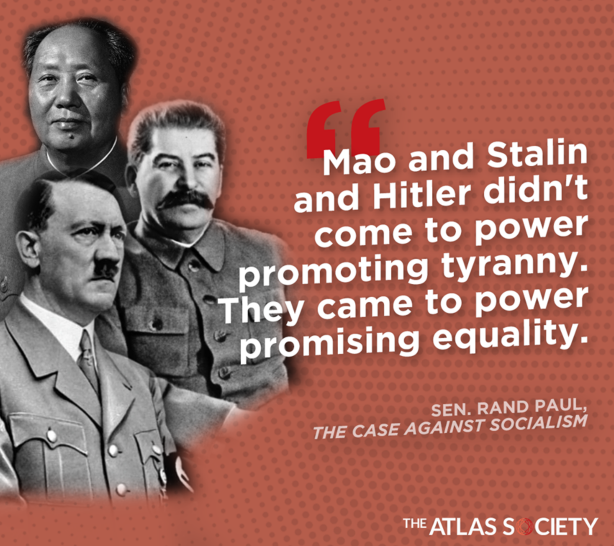
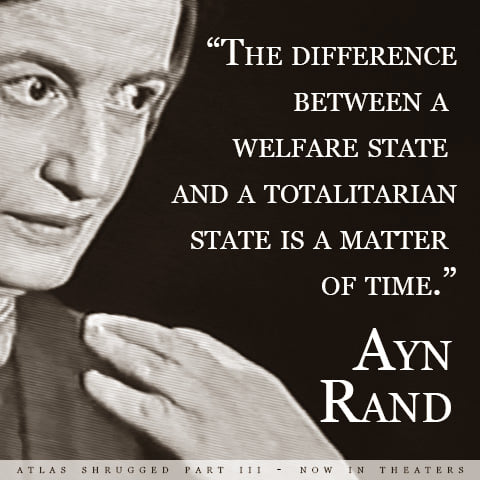

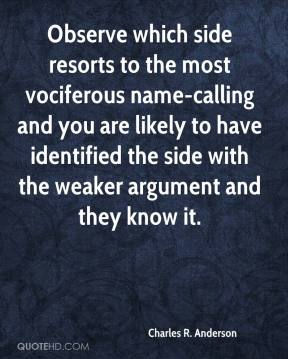
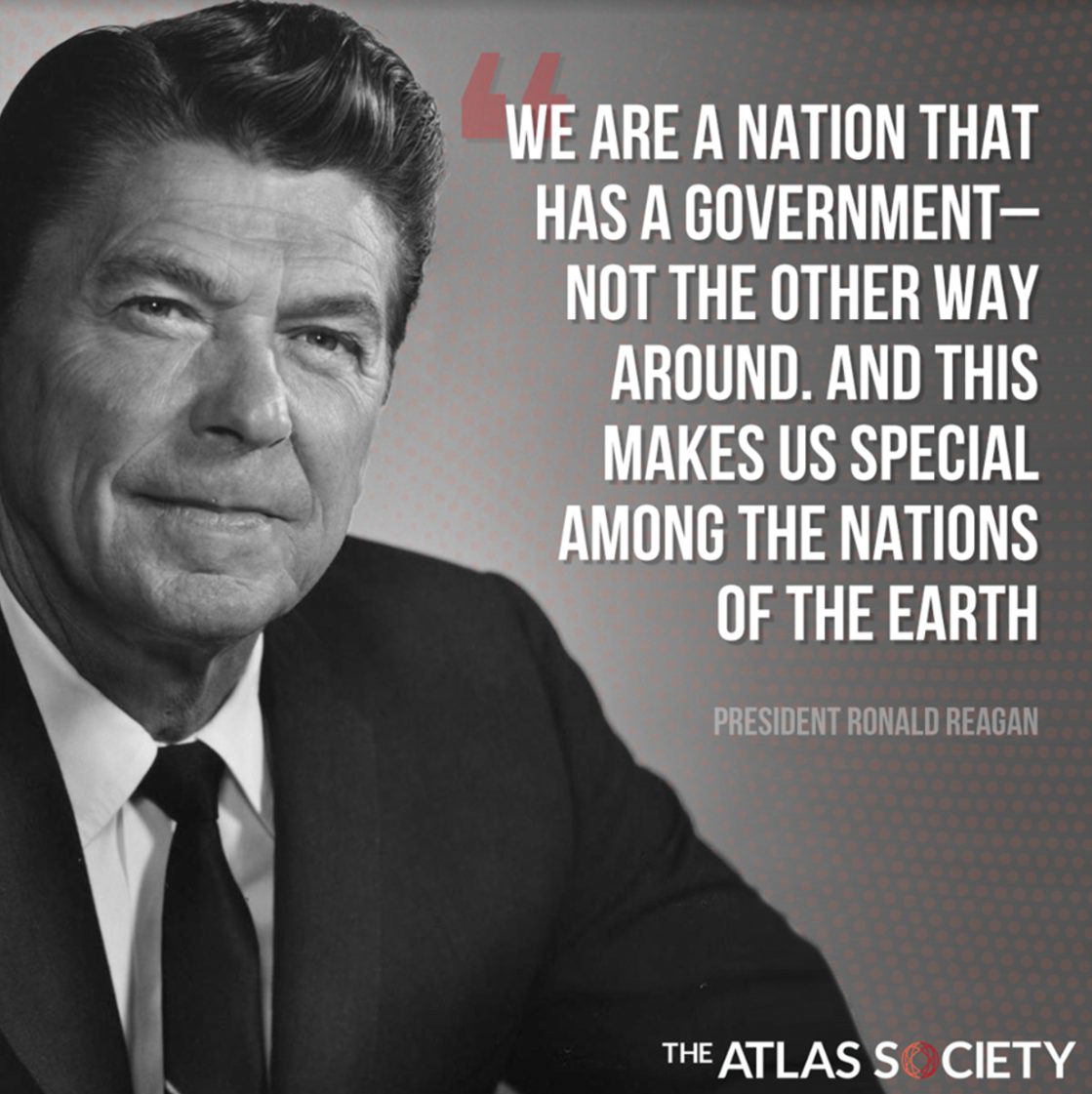




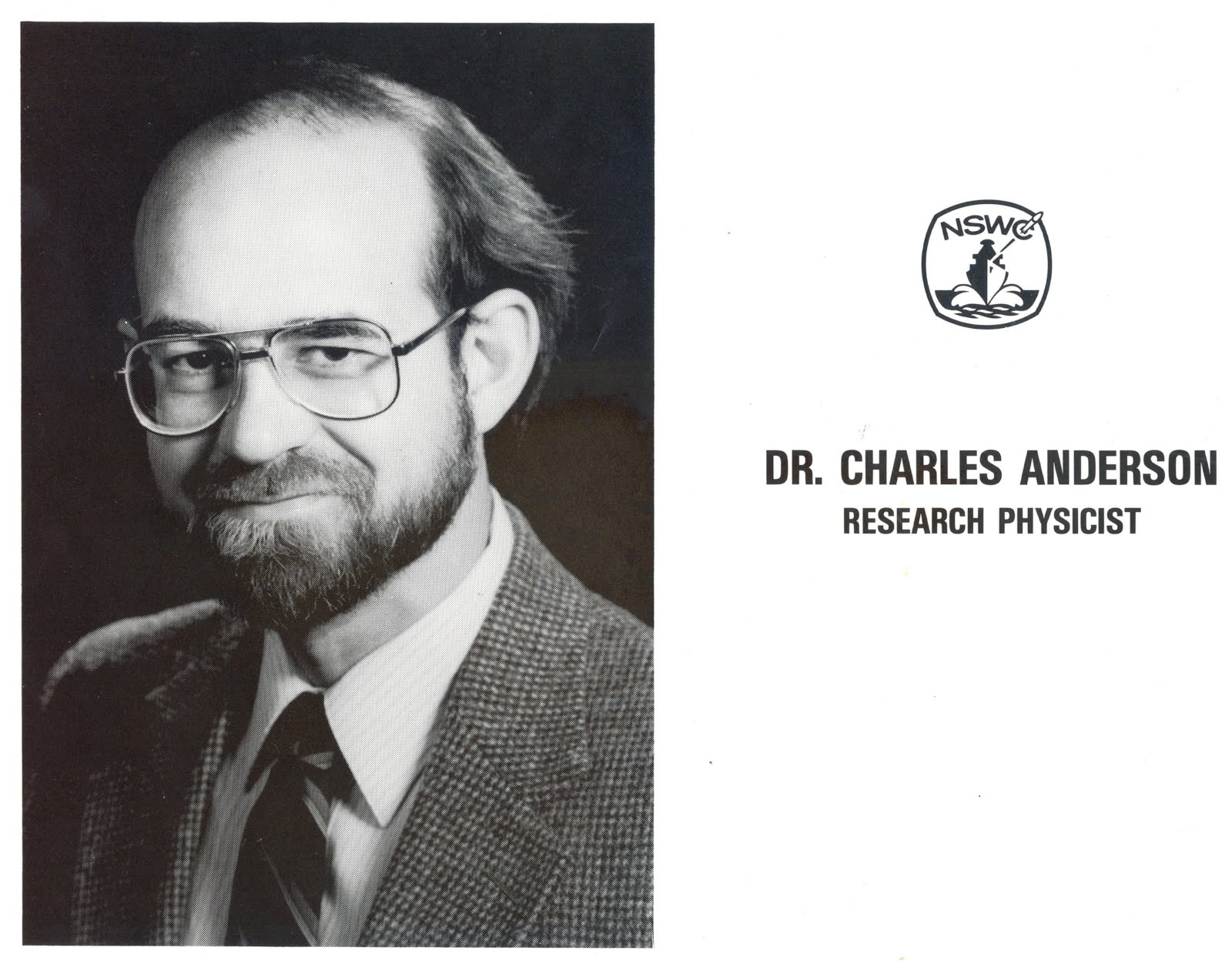



















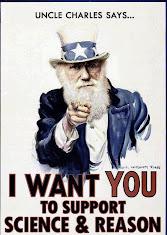













No comments:
Post a Comment